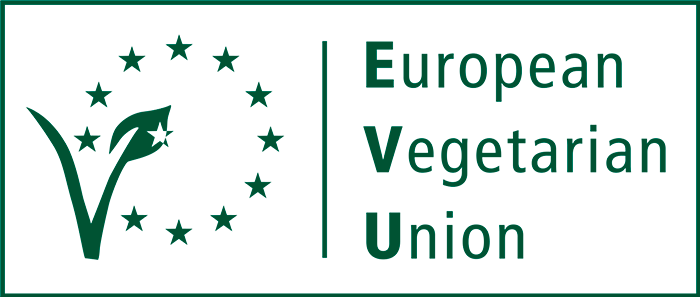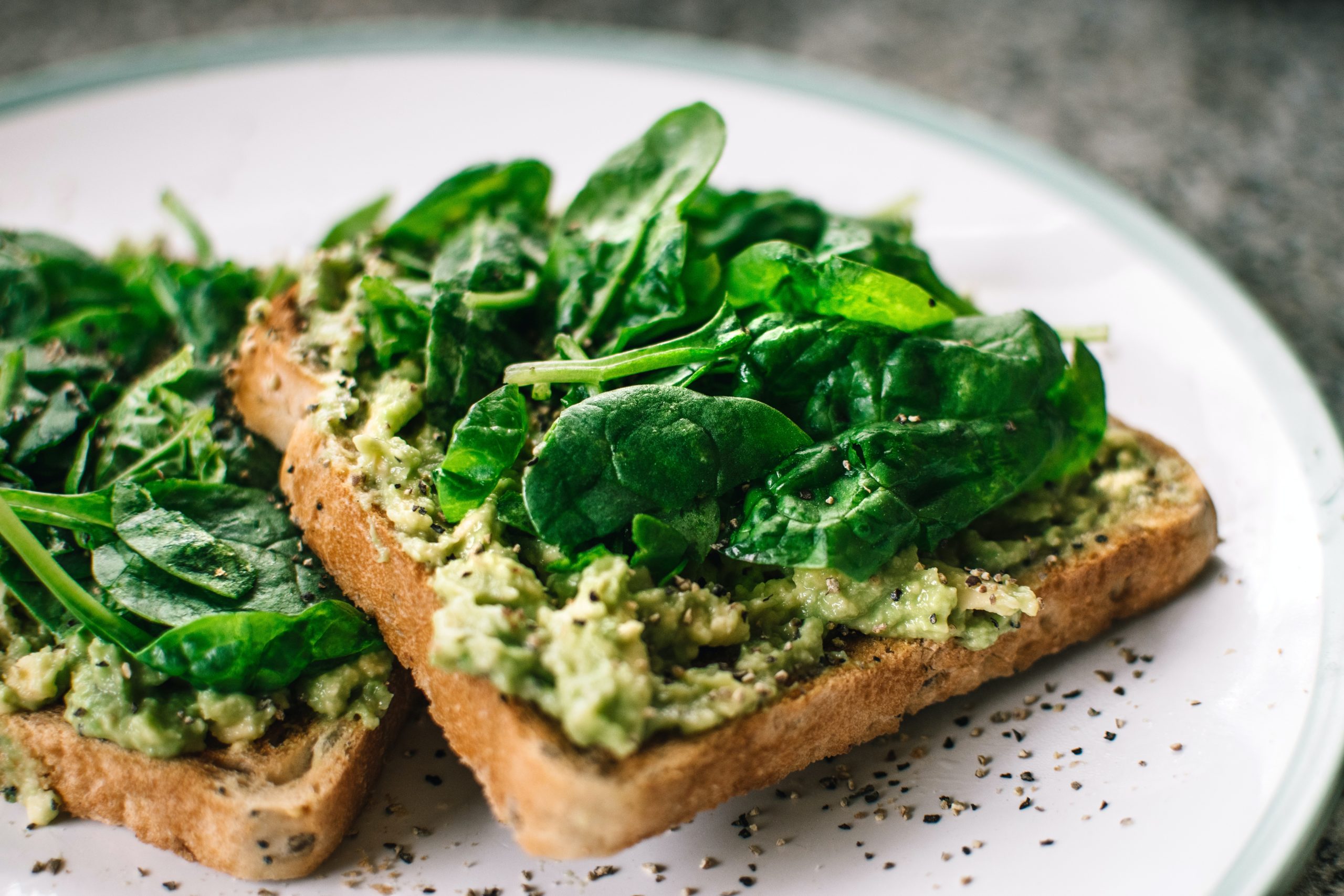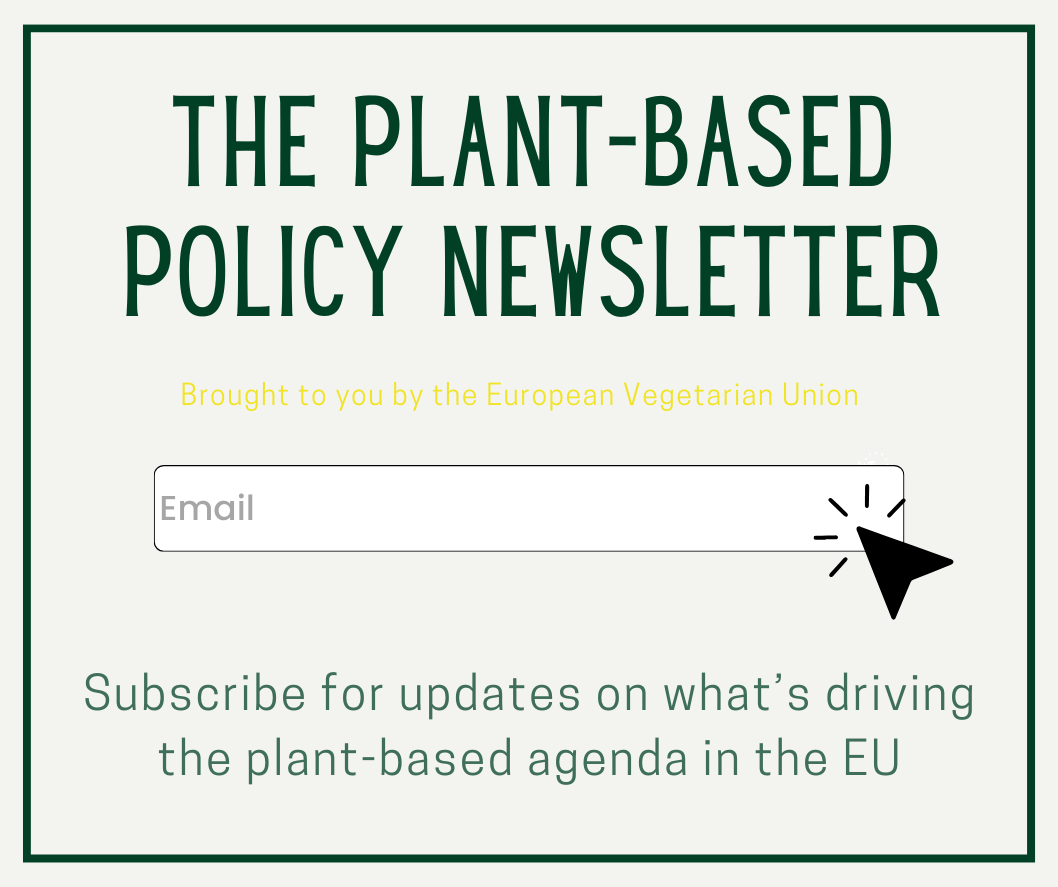BEUC is the umbrella group representing independent national consumer organisations on a European level. The survey was conducted in 11 EU countries with over 11,000 participating consumers between October and November of 2019.
Environmental consequences of the current food system include biodiversity loss, water, air and soil pollution, environmental degradation, and enormous greenhouse gas emissions. Although consumers are already changing their habits towards more sustainable diets, for instance by reducing their red meat intake and buying more organic food, a truly sustainable food system requires substantial change.
The survey examined consumer attitudes, willingness to change, and perceived obstacles to adapting more sustainable diets. The findings and associated recommendations can support policymakers in shaping a more sustainable European food system.
Key findings
Consumers tend to underestimate the impact of their own eating habits, with on average 63.6% disagreeing that their food habits have negative effects on the environment. They are also unaware that food is the most important contributor to negative environmental consequences of consumption in the EU.
Although over 50% of consumers indicate that their eating habits are influenced by concerns over sustainability issues, they also specify several challenges to sustainable food choices such as identifying sustainable options, price, lack of knowledge and limited availability.
44.9% of consumers are willing to change their eating habits towards more plant-based foods. Already over 40% of consumers claim to have stopped or reduced their red meat intake and a fifth are planning to. At the same time, more than a third are unwilling to eat less red meat. Decreasing dairy consumption was declared even more of a challenge, with only 20.4% willing to reduce their dairy intake and 56.2% unwilling. 4.6% of participants consider themselves vegetarian or vegan.
Only 10.3% of consumers consider insects and only 13.4% consider cultured meat an alternative, while plant-based alternatives and traditional vegetarian dishes are more likely to be chosen as sources of protein, with more than a third of consumers willing to replace meat with non-GMO plant-based alternatives and two thirds with traditional vegetarian food such as vegetable stew or pulses.
Lastly, consumers were asked about measures to make food production and consumption more sustainable. 57% wish for compulsory sustainability information of food labels, whereas only a quarter would want less sustainable food to be taxed higher. Over a third of respondents agree that farmers and food producers should be given stricter regulations on sustainability standards and over half would support incentives such as subsidies. Finally, consumers want their governments to take leadership in making the shift to a more sustainable food system.
One interesting question revolved around denominations for vegan and vegetarian alternatives to meat products. BEUC asked participants: “To what extent do you agree that companies use meat-related names like sausage and burger to describe meat-free vegetarian products (e.g. a veggie burger)?” While this question is asking for people’s personal opinion on meat-related terms for vegan and vegetarian alternatives and is, therefore, from EVU’s point of view, not suitable to determine the usefulness or comprehensibility of these product names, the results are nonetheless encouraging. BEUC states: “ […] most consumers do not appear to be concerned about the naming of veggie ‘burgers’ or ‘sausages’, as long as the products are clearly identifiable as vegetarian/vegan.” Indeed, almost 70% of consumers did not have a problem with this practice, 11% had no opinion and 20% thought that it shouldn’t be allowed. These results are another strong argument against the efforts of the agricultural committee of the European Parliament to put a comprehensive ban on these food denominations.
Recommendations
Although the study revealed consumer willingness to adopt more sustainable diets, the trend is not sufficient in achieving a sustainable food system. BEUC therefore includes several recommendations, which are in line with some of EVU’s demands.
Public awareness, particularly concerning the environmental impact of people’s food choices, must be increased, best achieved through dietary guidelines accounting for nutrition and sustainability as well as food labelling.
Especially the adoption of more plant-based diets through positive messaging and more meat-free options in catering and hospitality as well as by providing alternative protein sources is encouraged. Prices could also signal sustainable choices.
Lastly, action concerning production, retail and regulation is required, in order to enable consumers to make sustainable food choices.


